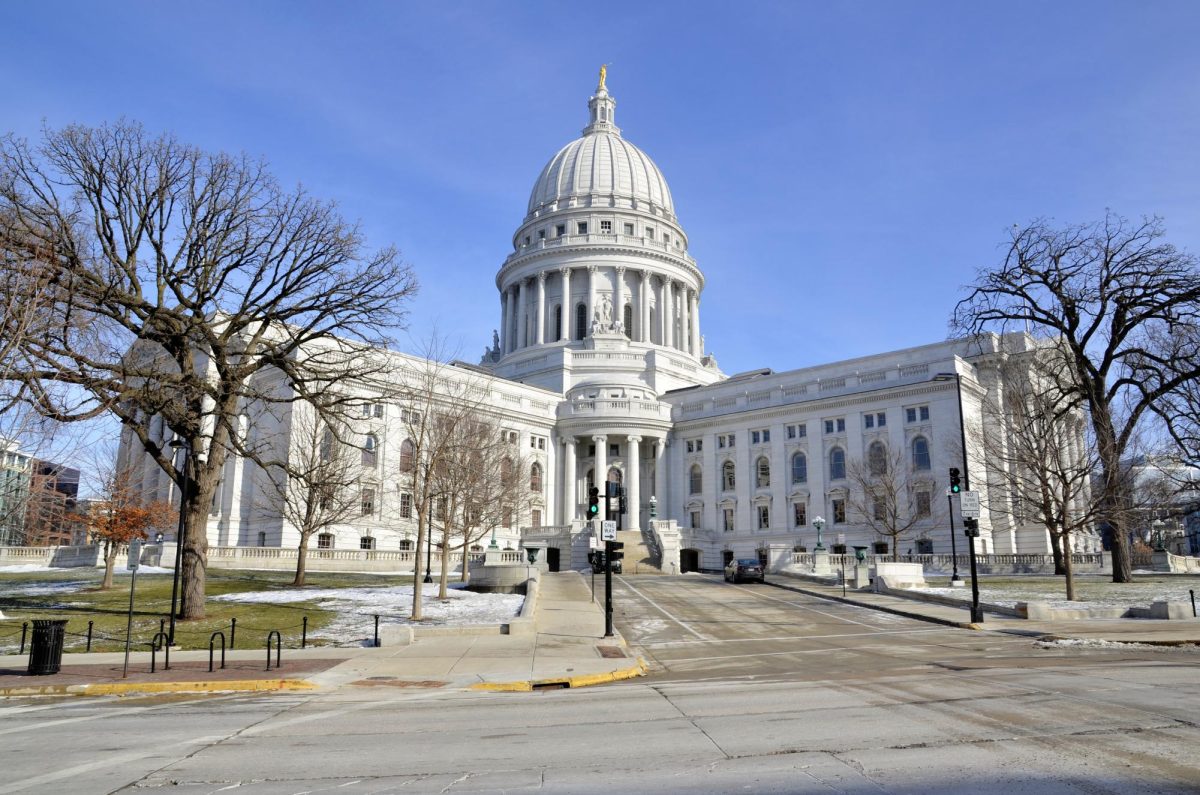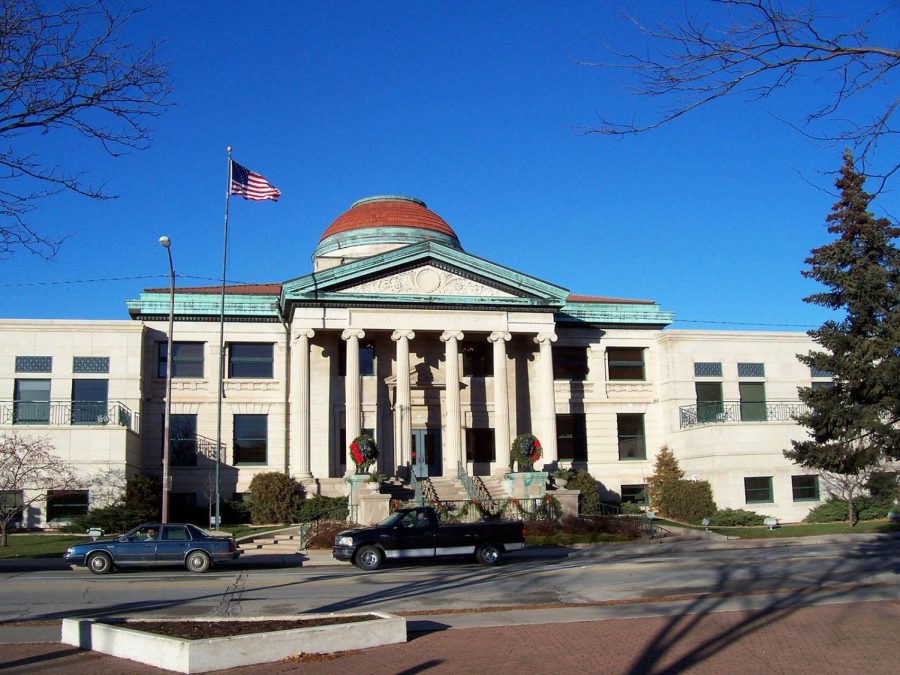Gov. Tony Evers signed Wisconsin Act 249 into law March 29, expanding Wisconsin’s crisis care infrastructure for people experiencing a mental health crisis.
The bill allows people to be treated closer to home and reduces the amount of time law enforcement and first responders spend transporting individuals for emergency detentions.
Department of Health Services Secretary Deb Standridge said that one of her top priorities is access to mental health services for all Wisconsinites who need them.
“Act 249 will help us address a significant gap in Wisconsin’s system of care and ensure people experiencing mental health emergencies get the right care, at the right time, in the right place,” Standridge said. “This bill will help us transform the way we care for our state’s most vulnerable using the Crisis Now model of someone to contact, someone to respond, and a safe place to get help.”
According to the Office of the Governor, the new bill will look to add mental health facilities, which will help reduce the amount of time law enforcement and first responders must give to emergency detention cases by offering a dedicated first responder drop-off location that accepts custody of emergency detention cases.
The bill requires crisis urgent care and observation facilities to accept all referrals for adults and some children. The legislation also allows these facilities to take custody of emergency detention cases without prior medical clearance at an emergency room.
Standridge said crisis urgent care and observation facilities will provide staff and services to de-escalate and treat young people and adults experiencing a mental health crisis without long wait times.
“When law enforcement is involved, they no longer need to decide between an emergency room or jail,” Standridge said. “This no wrong door approach provides appropriate care without adding additional stress to the patient and that patient’s family and community.”
Act 249 requires the Wisconsin Department of Health Services (DHS) to establish a certification process for crisis urgent care and observation facilities, which admit an individual to prevent, escalate or treat the person’s mental health or substance use disorder. In order to earn a certification, DHS must obtain approval from the Joint Committee on Finance’s (JCC) after a 14-day review of mental health facilities.
Evers said he has doubled his efforts to make investments that address Wisconsin’s mental health crisis after he declared 2023 the Year of Mental Health during last year’s State of the State address.
“Since 2019, my administration has been working to find solutions to the burgeoning crisis of mental health in our state, and specifically, to address the burdens law enforcement agencies, healthcare providers, counties and others have faced with our current crisis response infrastructure,” Evers said. “Every budget I’ve introduced has proposed solutions to these challenges, so I’m glad we were finally able to reach bipartisan consensus to get this done.”
According to the Office of the Governor, the 2023-25 budget signed by Evers provided $10 million over the biennium in the JFC’s supplemental fund to establish two crisis urgent care and observation centers.
The legislation specifies that the contents of the bill can’t be used to prohibit, limit or interfere with services provided by a county, hospital or any other facility. It also allows facilities that are providing crisis intervention services to continue with treatment without obtaining certification from DHS.
Evers said the state’s crisis intervention and emergency detention practices must be improved to make sure Wisconsin is serving individuals in crisis.
“This critical step will help Wisconsinites experiencing a crisis get the urgent care and treatment they need closer to home and their support systems while helping to alleviate the burdens on law enforcement and local counties,” Evers said. “That’s a win-win for folks, families and communities across our state.”
Winnebago County has more than 10 facilities that work to treat people that are experiencing mental health issues.
UW Oshkosh students can go to the Counseling Center inside the Student Career Center or call 920-424-2061 if they are experiencing a mental health crisis.









